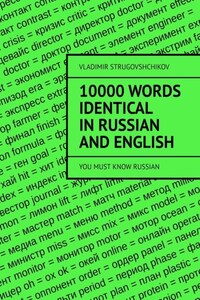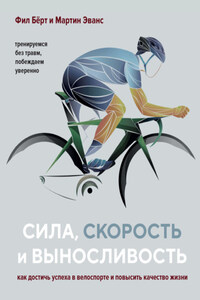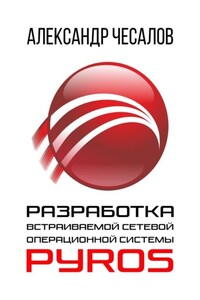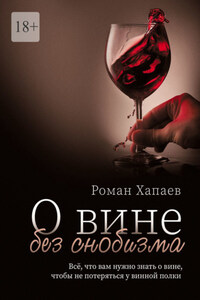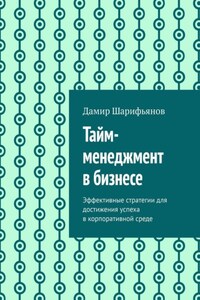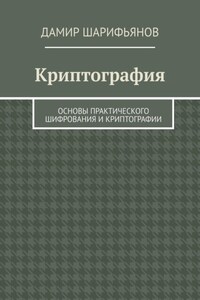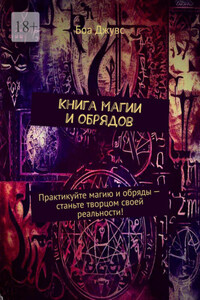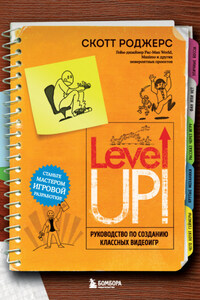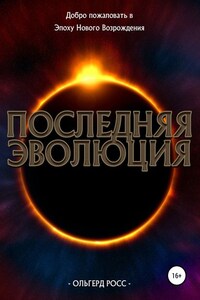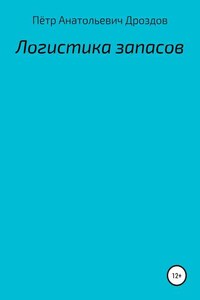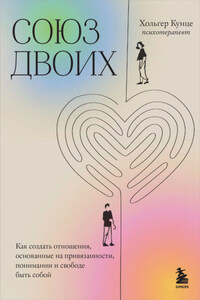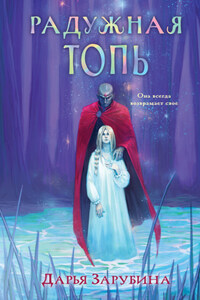How to instantly increase your vocabulary by 10,000 words? Simply and easily. You need to use cheat codes, as «cheaters» do in computer games. That is, we need to «cheat» using cheat codes, and effortlessly improve our skills. This book is just such a cheat code. It will help you easily increase your vocabulary by 10,000 words. Cheating is good.
This book is called «10,000 words the same in Russian and English», but this book contains not only the same words in two languages, but also very similar words, as well as words that are distantly similar to each other. In some words, small changes were made in their translation to make it easier to remember the translation of a particular word. Also, in some cases, a less used version of the translation of a word is chosen, but most similar to a word in another language. Most of the words from the book are not included in the list of the top most used ones, but their knowledge will be of great help in expanding vocabulary and in learning a foreign language. The book does not contain names, surnames, geographic names, nationalities, brands, plural words, etc., but in the future, a separate book can be created for them.
I was inspired to create this book by the words of Dmitry Petrov from the TV show «English in 16 Hours» – «Want to learn 50,000 words in 1 minute?» Of course we want, who would not want to… Of course, I still cannot offer you 50,000 words, but you have the opportunity to be content with 10,000 words this very second. Each word from the book ate up a little of my time, squeezed a drop of sweat out of me and drank my blood, so please love and favor my book.
1) Words are completely identical in spelling in both languages. For example Sport – спорт.
2) Without -а/-я. – There are about 5000 words that are translated into English, if you just remove the ending -а / -я in Russian. For example comedy – комедия.
3) А → S. – Instead of the Russian final letter «a» in English, «s» is pronounced. These are words denoting any kind of activity, a field of science or a set of tools (objects) for a similar purpose. For example physics – физика.
4) А →/ эй / – Words are similar in spelling, but differ in pronunciation. For example Date [дэйт] – дата.
5) «-ЦИЯ» (англ. -tion) → «шн». – There are up to 30,000 such words. Instead of the Russian final «tsiya», we pronounce «shn» in English. And most often in them the Russian «a» before the «tsiya» is pronounced like «ay». For example Integration [интигрэ'йшн] – интеграция.
6) «-СИЯ» (англ. -sion) → «шн» – such words up to 20,000. Instead of Russian, «sia» is pronounced «shn» in English. For example Profession [прэфэ'шн] – профессия
7) «-ГИЯ» → «джи» – such words up to 10,000. Instead of the Russian final "-gi» in English we pronounce «ji». For example Methodology [мэсэдо'лэджи] – методология
8) Г→H – there are several hundred such words. In some words, instead of the Russian «g» in English, we pronounce «h». For example Hematoma [химэ'тоума] – гематома
9) Ц→ С – there are several hundred such words. In such words, instead of the Russian «ts» in English, we pronounce «s», moreover, in English there is no sound at all [ts]. For example Pesticide [пэ'стисайд] – пестицид
10) И→АЙ – there are several hundred such words. In such words, instead of the Russian «i» in English, we pronounce «ay». For example Client [кла'йэнт] – клиент
11) Without «-НЫЙ» – there are several thousand such words. Such words in Russian with the final "-ny, -naya, -noe, -nye» can be translated into English by simply removing them. For example Effective [ифэ'ктив] – эффективный
